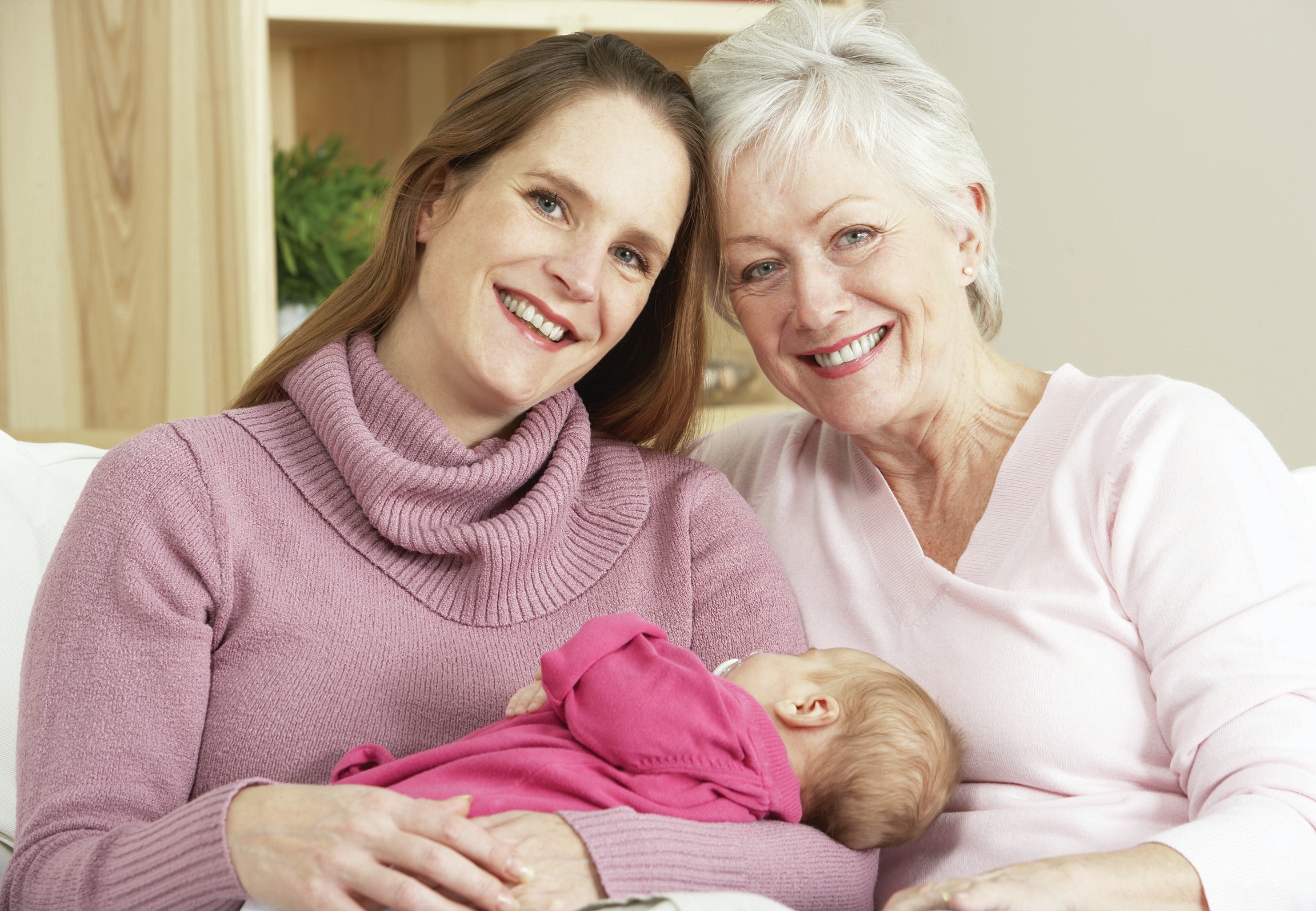
Which grandmother typically gives more to her grandchildren — a mother’s mother or a father’s mother? You might be surprised to learn that it is the mother’s mother. But why should a maternal grand-mother give more to her grandchildren than a paternal grandmother? Evolutionary psychologists think they know the answer to this curious finding (more of which later).
Here is another question: why is it that, universally, females are choosier about whom they have sex with than males? You might suggest that this difference can be explained by social conditioning and conforming to society’s expectations. It may be a helpful way of looking at this difference. But why should societies have these expectations of gender-appropriate behaviour in the first place and why do we find this difference in all societies studied? The possibility that this difference between the sexes came about through random cultural practices in all of these societies is vanishingly small. Again, evolutionists think they can provide an answer to the question. By the end of this column, you may or may not agree with the evolutionary explanation, but at least you will know more about this way of explaining such findings and will, therefore, be able to make a more informed judgment.
Your organisation does not have access to this article.
Sign up today to give your students the edge they need to achieve their best grades with subject expertise
Subscribe




